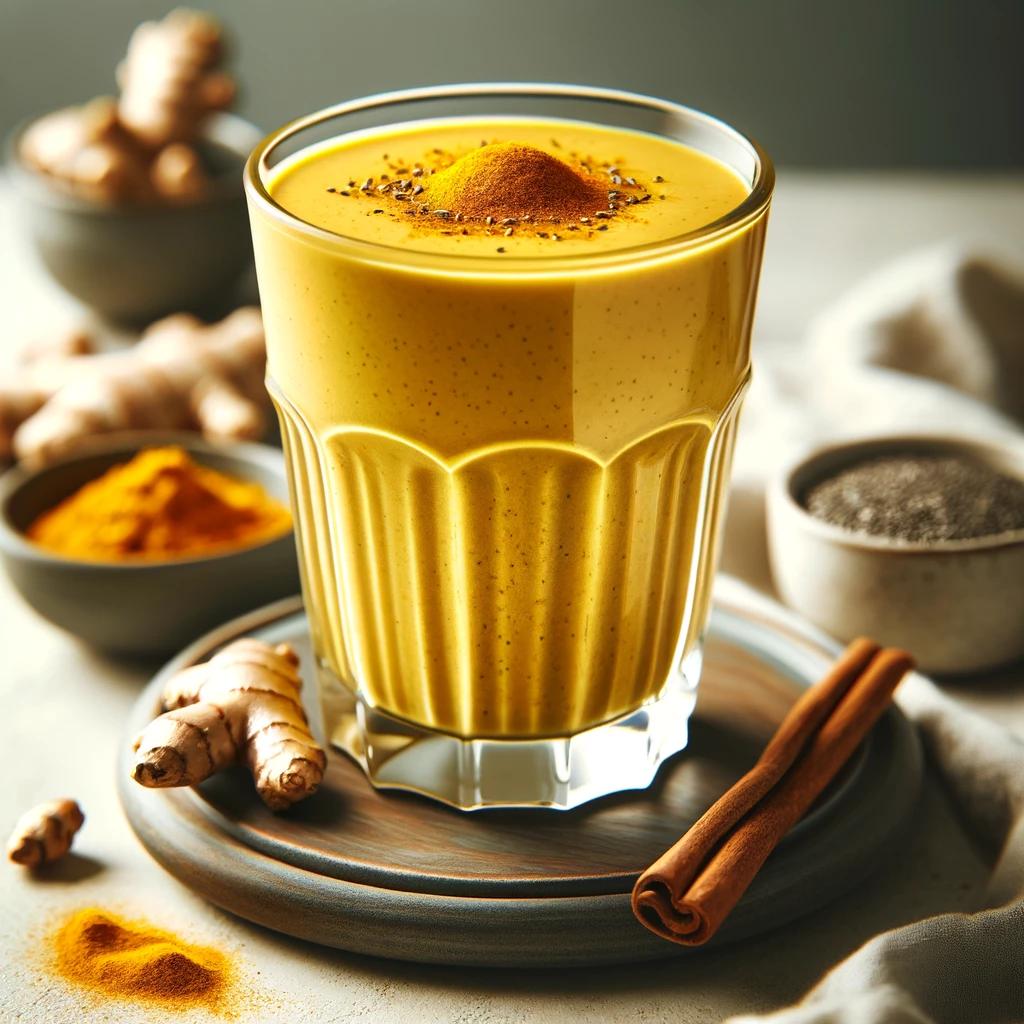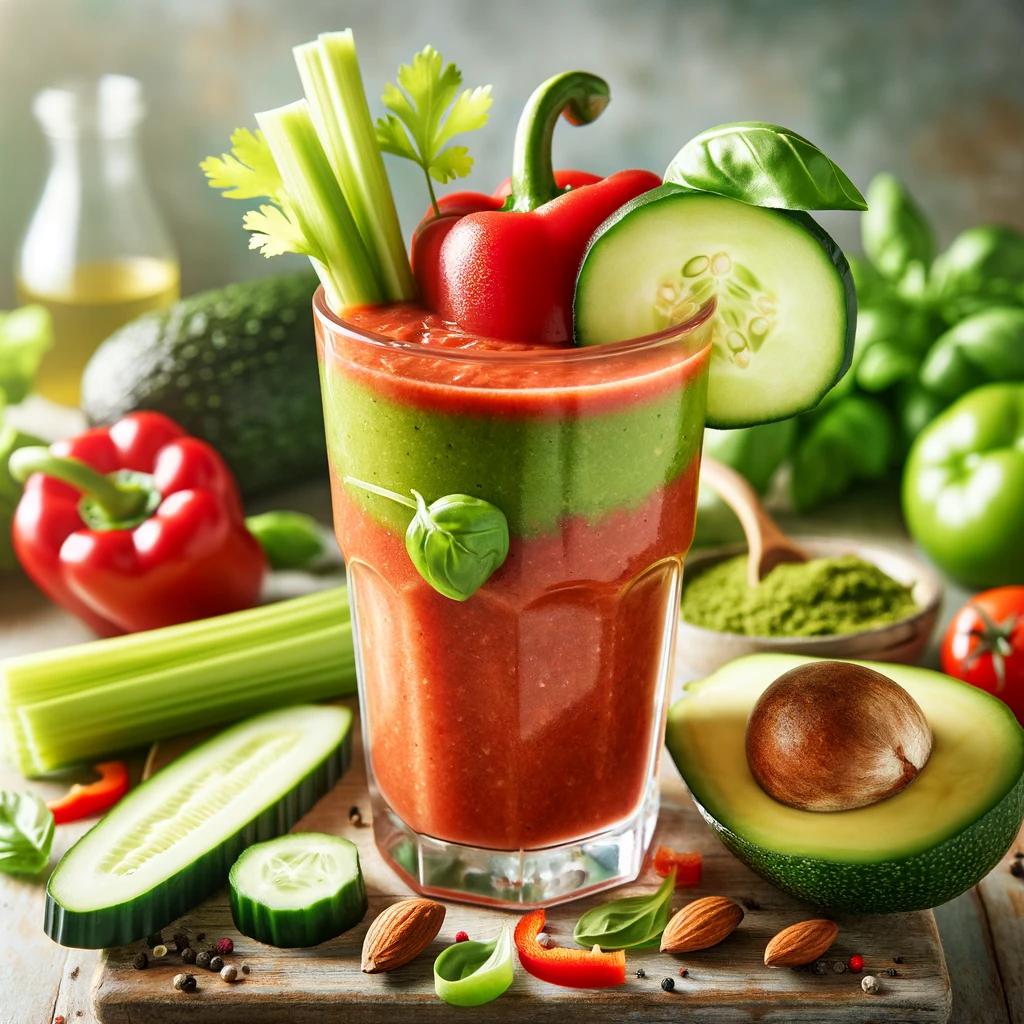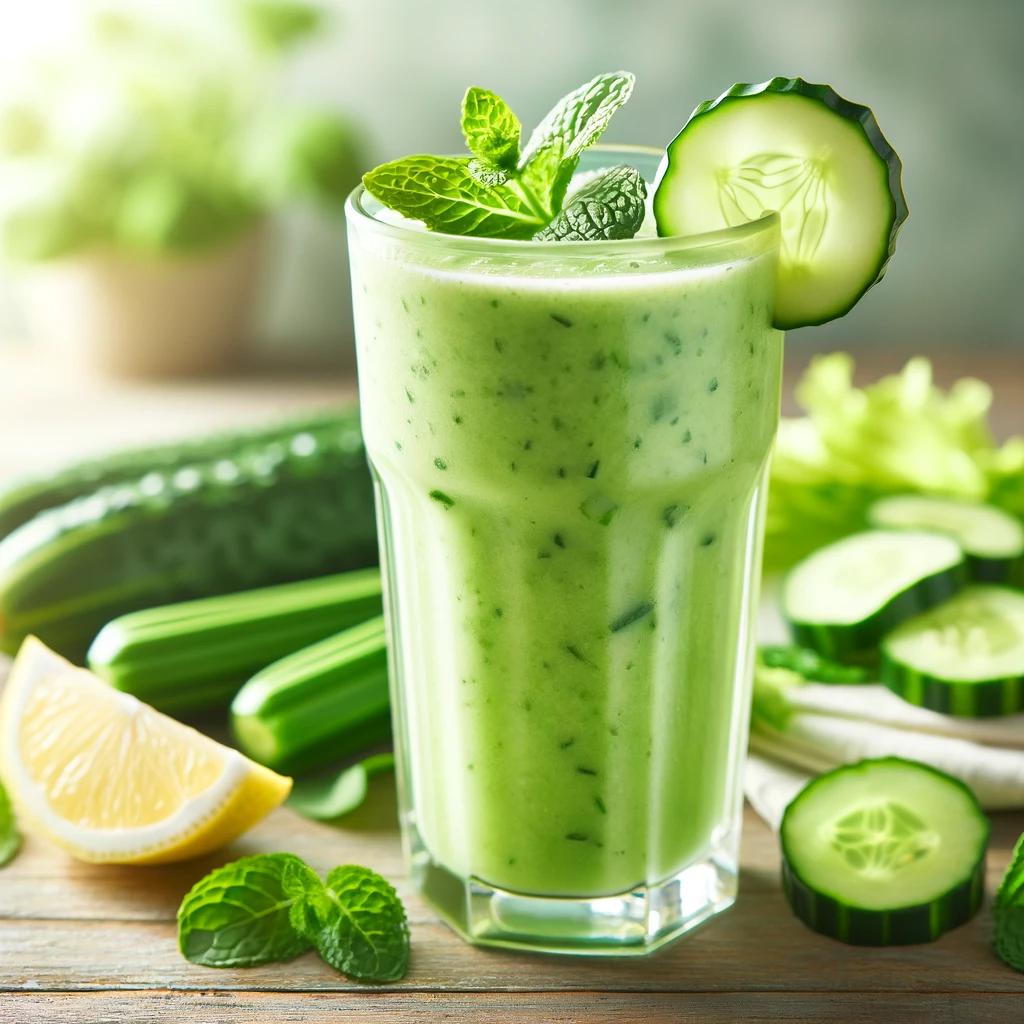Smoothies have become popular in weight loss diets for several reasons. They can be nutrient-dense, low in calories, and can make you feel full, which may help to reduce overall calorie intake. However, the effectiveness of smoothies for weight loss can vary based on their ingredients and how they are incorporated into diets.
One study published in “Scientific Reports” on Nature.com highlighted that a short-term juice-based diet (which can be similar to a smoothie diet when the smoothies are primarily fruit/vegetable-based) resulted in significant weight loss and changes in gut microbiota composition. It’s worth noting that while juice cleanses and smoothie diets are similar, smoothies often contain more fiber due to the inclusion of whole fruits and vegetables, which is beneficial for satiety and digestive health.
The study found that participants who consumed a juice-based diet for three days saw a significant decrease in body weight. This weight loss persisted over the following two weeks and may be related to changes in the microbiome. The diet resulted in a decrease in the proportional abundance of Firmicutes bacteria, often associated with increased body weight, and an increase in Bacteroidetes, linked to lower body weight. The researchers also noted a significant increase in plasma and urine nitric oxide concentrations after the juice-based diet, which is a known vasodilator and important in cardiovascular health.
While smoothies can be part of a weight loss diet, it’s essential to balance them with other foods to ensure all nutritional needs are met. The content of the smoothie, such as the types of fruits, vegetables, and additional ingredients like nuts or seeds, can significantly affect their nutritional value and impact on weight loss. Portion control is also crucial, as smoothies can be quite calorie-dense when made with high-sugar fruits, nut butters, or sweeteners.
Incorporating smoothies into a diet for weight loss should be done thoughtfully, with attention to the balance of macronutrients and total caloric intake to ensure sustainable weight loss and overall health.
A study conducted by Griffith University in Australia found that smoothies are popular dietary products and can play a positive role in the diet. However, beverages incorporating discretionary choices may increase energy, saturated fat and/or sugar intakes, offsetting the benefits of fruit/vegetable consumption 1. Another study published in the journal Diabetes Spectrum found that using meal replacement shakes for one to two meals per day during the weight loss phase and one meal per day during the maintenance phase produced a weight loss efficacy equivalent to or significantly greater than conventional reduced-calorie diets 2.
Smoothies: Exploring the Attitudes, Beliefs and Behaviours of Consumers and Non-Consumers
McCartney D, Rattray M, Desbrow B, Khalesi S, Irwin C. Smoothies: Exploring the Attitudes, Beliefs and Behaviours of Consumers and Non-Consumers. Curr Res Nutr Food Sci 2018;6(2). doi : http://dx.doi.org/10.12944/CRNFSJ.6.2.17
Jacqueline Craig; Meal Replacement Shakes and Nutrition Bars: Do They Help Individuals With Diabetes Lose Weight?. Diabetes Spectr 1 August 2013; 26 (3): 179–182.







